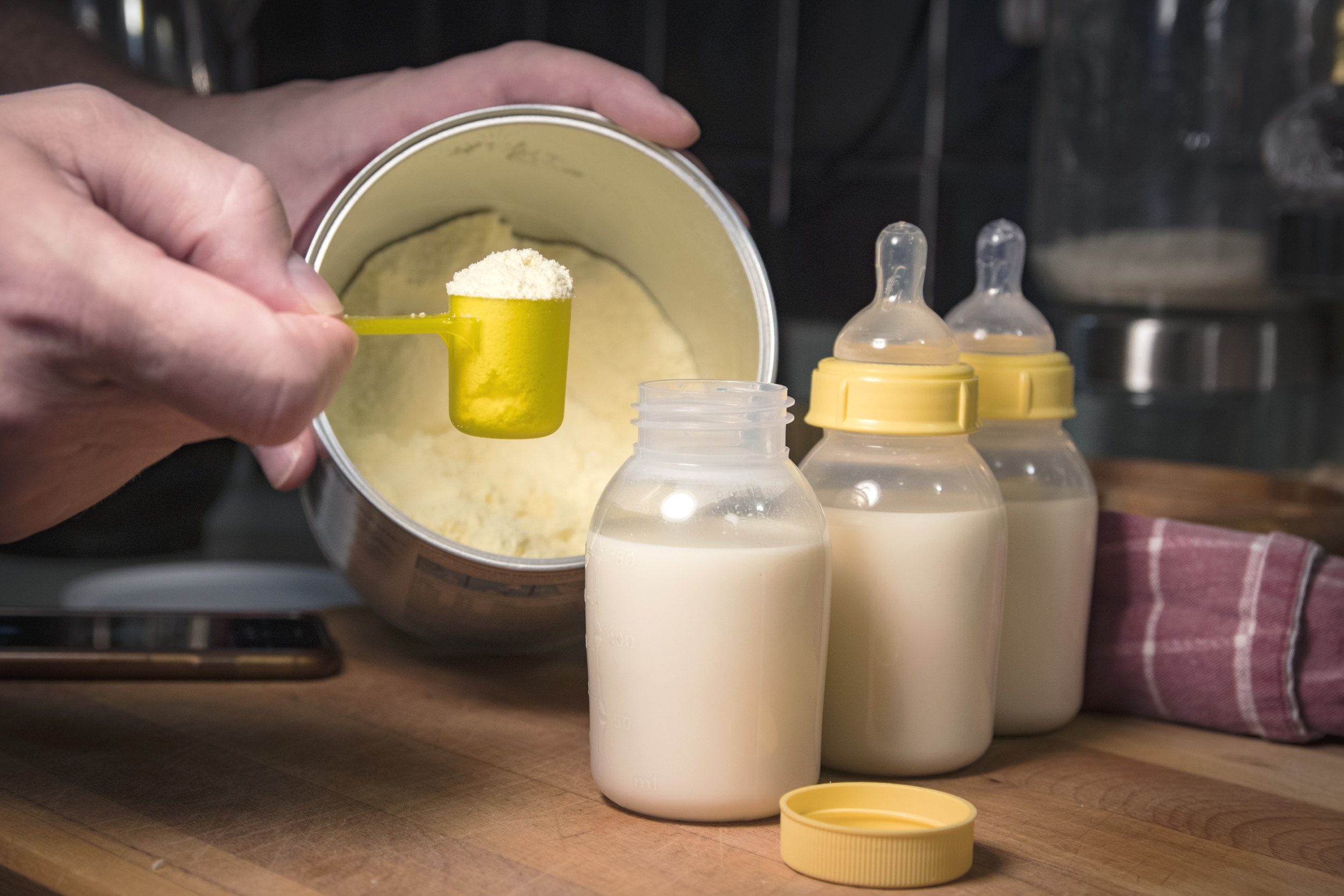Border patrol agents have reported an increase in the number of people attempting to transport eggs across the border from Mexico, as the price of the grocery staple remains well above what Americans have gotten used to in recent years.
According to data shared with Newsweek by the U.S. Custom and Border Protection (CBP), the San Diego Field Office has reported that the number of seizures at the border involving eggs rose by 397.54 percent between January 11, 2022, and January 31, 2023, and the same period a year earlier.
Within the same time frame, the Tucson Field Office has reported a surge of 320.25 percent, while the Laredo Field Office has presented a 313.08 percent increase. The El Paso Field Office had the smallest increase within the same time frame, of 72.41 percent, according to the CBP. Transporting eggs across the U.S. border is illegal.
"We are seeing an increase in people attempting to cross eggs from Juarez to El Paso because they are significantly less expensive in Mexico than the U.S.," a CBP spokesperson told Newsweek. "This is also occurring with added frequency at other southwest border locations as well."

The price of eggs has increased in Mexico in recent months, but not as steeply as in the U.S. A deadly outbreak of bird flu, which has been ongoing since early last year, has killed millions of poultry in the U.S., with older birds—like egg-laying hens—being particularly vulnerable to the virus.
The flu, combined with the rising costs of feed, transport and packaging that followed the COVID pandemic, has contributed to inflating the price of eggs across the country, which in December 2022 reached a record high. By the end of last year, Americans were paying an average of $4.25 for a dozen large Grade A eggs.
Since then, prices have decreased, but they remained much higher than they were just a couple of years ago. According to inflation data released by the Bureau of Labor Statistics, the price of eggs soared by 70.1 percent in February from this time last year, more than any other food products hit by inflation.
According to the CBP, most drivers found to have eggs in their vehicle while crossing the U.S.-Mexico border are trying to carry the products back to their homes in good faith.
"Generally, the items are being declared during the primary inspection and when that happens the person can abandon the product without consequence," said the same CBP spokesperson. "So this is not necessarily smuggling but rather increased encounters of people traveling with eggs."
According to the CBP, there have been "a very small number of cases" where the eggs were not declared and then discovered during an inspection.
"When that happens the eggs are seized and the individual is assessed a $300 civil penalty. Penalties can be higher for repeat offenders or commercial size imports," said the CBP.
The eggs seized by border agents are then collected and destroyed, as is "the routine course of action" for prohibited food and agricultural products brought across the border.
Several CBP southwest offices have tweeted about the surge in egg seizures.
"The #ElPaso Field Office has encountered an increase in egg interceptions at regional ports of entry. Reminder that raw eggs and poultry are prohibited from entry into the U.S. Avoid delays, fines, and penalties by declaring all agricultural products purchased abroad," wrote the El Paso Field Office on January 19.
"The #SanDiegoFieldOffice is reminding the traveling public to be mindful that certain agricultural items such as raw eggs and poultry from Mexico are prohibited from entry into the U.S., and failure to declare these items may result in monetary penalties," wrote the San Diego Field Office on January 20, issuing the second warning in two days.
Uncommon Knowledge
Newsweek is committed to challenging conventional wisdom and finding connections in the search for common ground.
Newsweek is committed to challenging conventional wisdom and finding connections in the search for common ground.
About the writer
Giulia Carbonaro is a Newsweek Reporter based in London, U.K. Her focus is on U.S. and European politics, global affairs ... Read more





